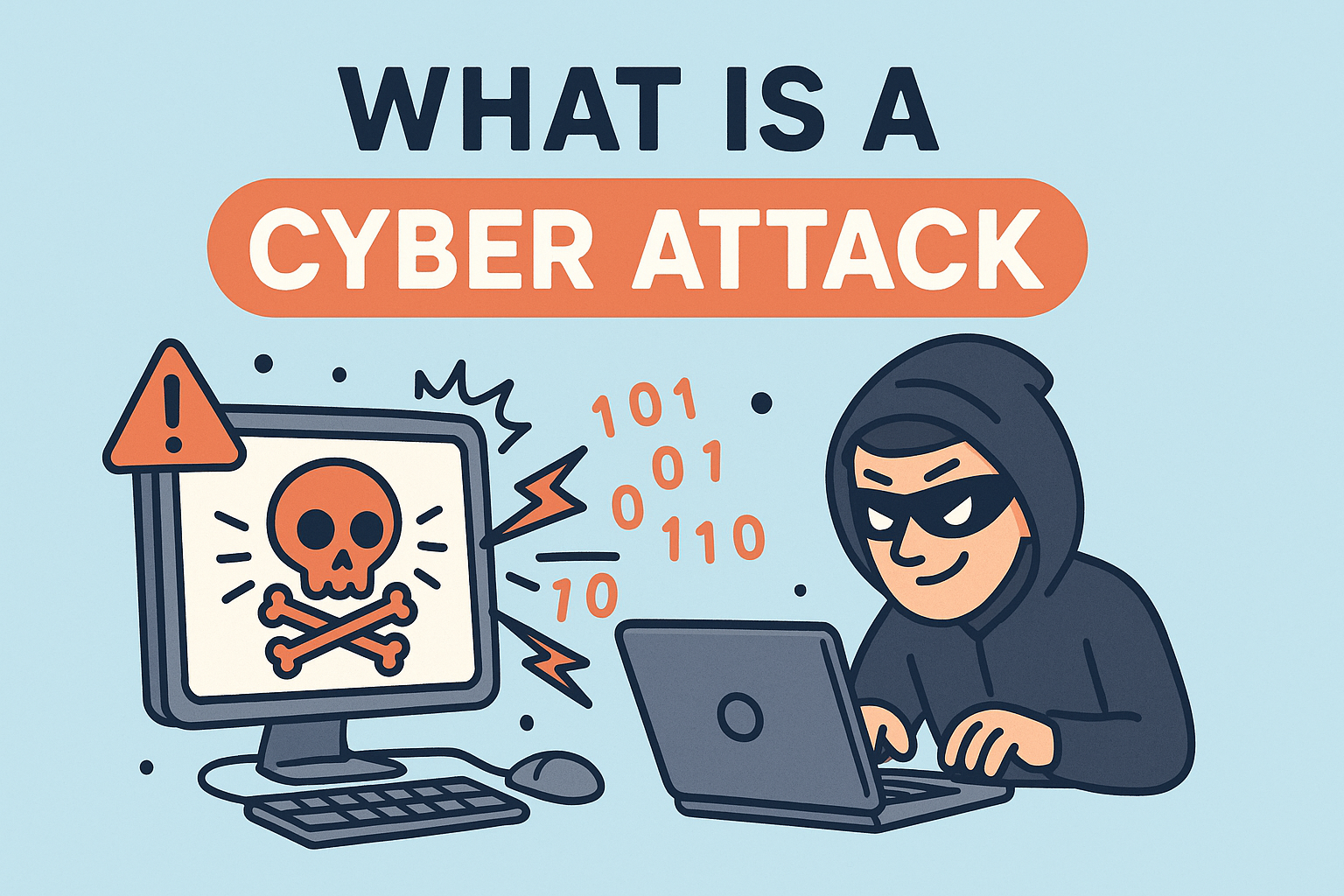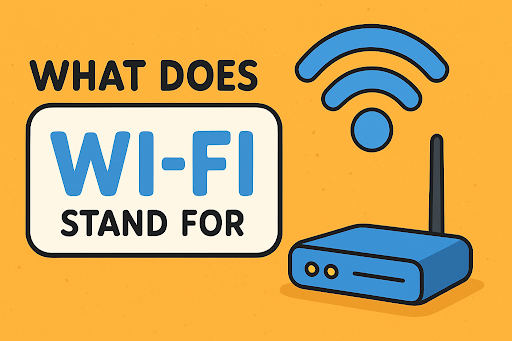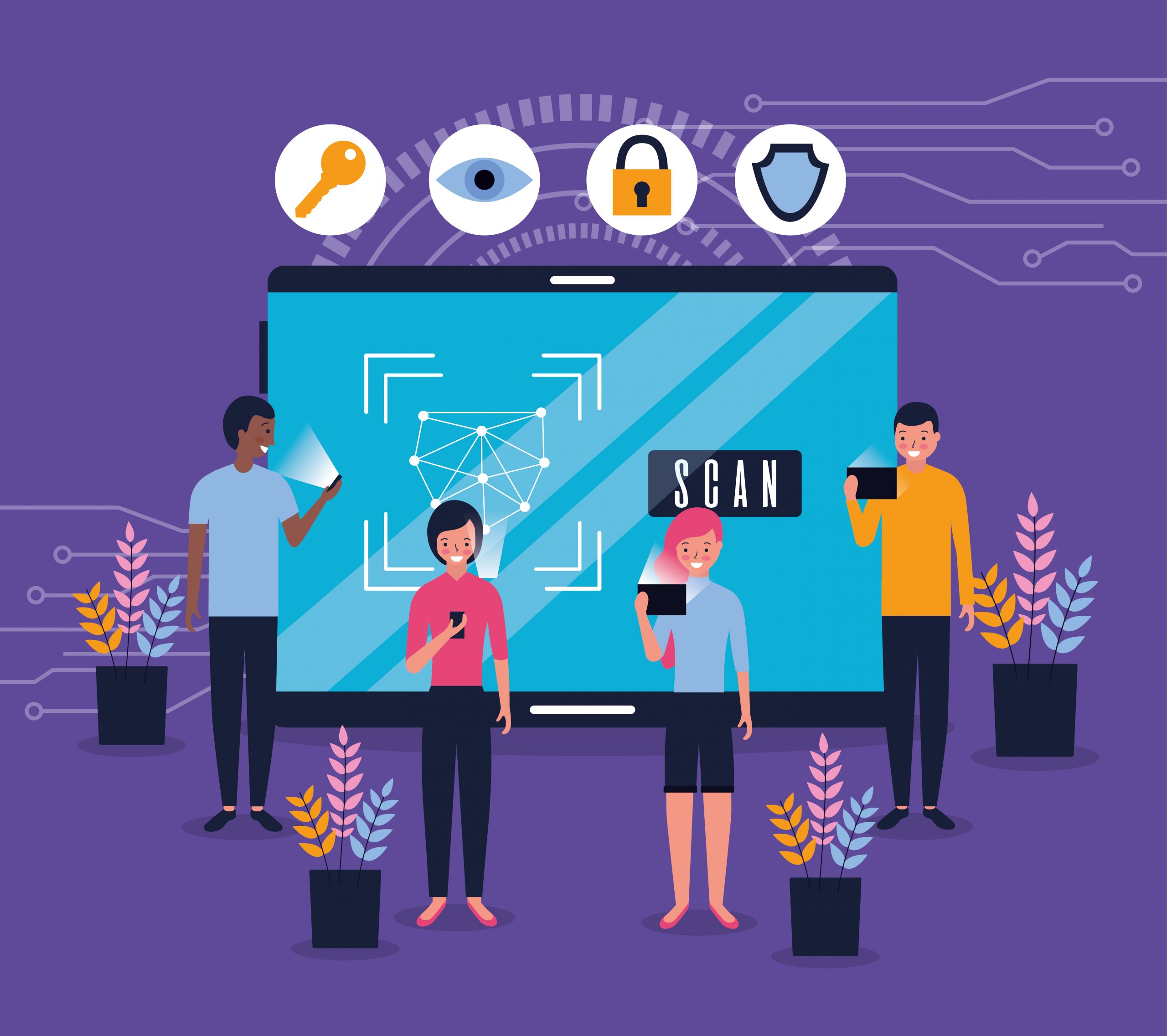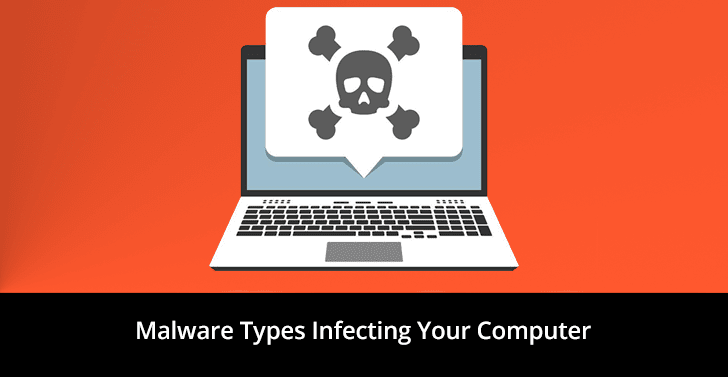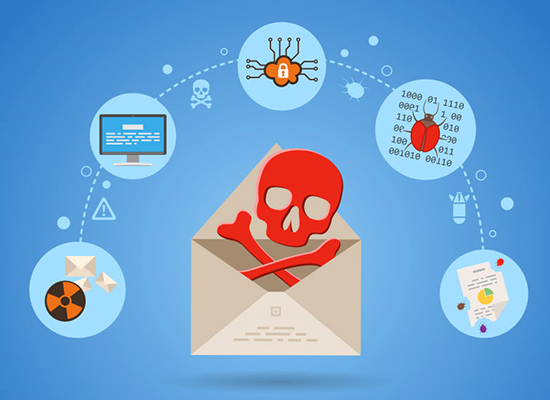What Is Endpoint Security And How Does It Work?
Updated on October 11, 2022, by Xcitium

In an enterprise network, any device connecting remotely to the network has the potential to be a possible entry point for security threats; so there arises an essential need for securing various endpoints to address risks presented by remote devices. Those devices include servers, laptops, smartphones, tablets, desktop PCs and other IoT devices. This process of securing endpoints in an enterprise network is called Endpoint Security or Endpoint Protection.
Why Security Strategy Demands Endpoint Security?
Owing to the growing trend of (BYOD) Bring Your Own Device, any location and any network flexibility; enterprise data has become more vulnerable to cybercriminals in the recent years. No wonder, the newly arising challenges are a bottleneck for network administrators. Substantially, the need for endpoint security is becoming increasingly important to adequately block illegal access attempts, threats, and malware at endpoints.
With the increasing number of endpoint devices trying to connect to the corporate network, the security perimeter is no longer definable and the centralized security solution is too insufficient to meet the greater security needs. Endpoint security successfully replaces centralized security measures with its effective endpoint protection features.
In the corporate network security protocol, it becomes mandatory for all endpoint devices to meet the set security standards before being permitted to access the network. By doing so, corporates will be able to control and manage the growing number of end-user access points. Besides that, corporates will also be equipped with the right set of tools to monitor and evade malicious activities.
The Difference Between Antivirus Software And Endpoint Security
It perfectly secures an entire enterprise network. Endpoint security is reliable, effective, quick to react and smart enough to protect information from all sorts of threats that are known and unknown. Their design is ever-ready to evade unauthorized access, downloading or uploading of data and instantaneously blocks all malicious activity.
Anti-virus software best-fits the PCs, its personal firewalls are basics of the hybrid endpoint protection solution offerings. The features and functionalities of endpoint security target and work on more advanced methodologies and technologies. The notable features are data loss prevention, insider threat protection, application whitelisting or control, network access control, data classification, endpoint detection and response and privileged user control.
How Endpoint Security Differs For Consumers And Enterprises
According to TechRepublic, endpoint security is available for both consumers and enterprise networks; however the configurations differ in each-other. In the consumer Endpoint Security model, application and signature are accessed from developers’ control servers delivered through the internet and there’s no centralized administration and management.
In the corporate/enterprise model, the centralized administration is present. The interface is centralized and entries from various endpoints are directed to the central server for evaluation and analysis. After downloading of application and signature, updates are sent out to endpoint devices within the network by the central server.
Critical Endpoint Security Components
The two critical endpoint security components are application control and endpoint encryption. These two act as the endpoint protection layers preventing from all kinds of data leaks. Basically, the potential entry point for threats is through the end user devices, endpoint encryption encrypts the data on endpoints which include laptops, smartphones, tablets, desktop PCs and other storage devices such as CDs and USBs alongside the individual files and folders.
With Application control, organizations can prevent the execution of unauthorized applications on endpoints. On the other hand, employees will be prohibited from downloading unauthenticated data or applications that prove to be hazardous on mobile devices, which can invite network threats and lead to unauthorized access in the network.


 (4 votes, average: 4.00 out of 5, rated)
(4 votes, average: 4.00 out of 5, rated)
